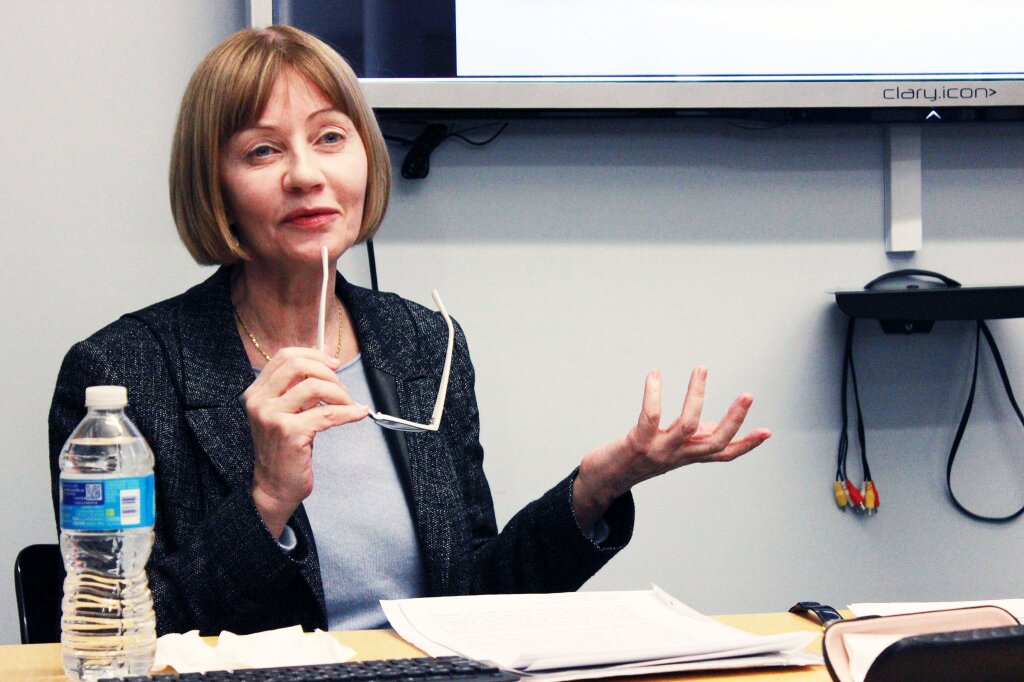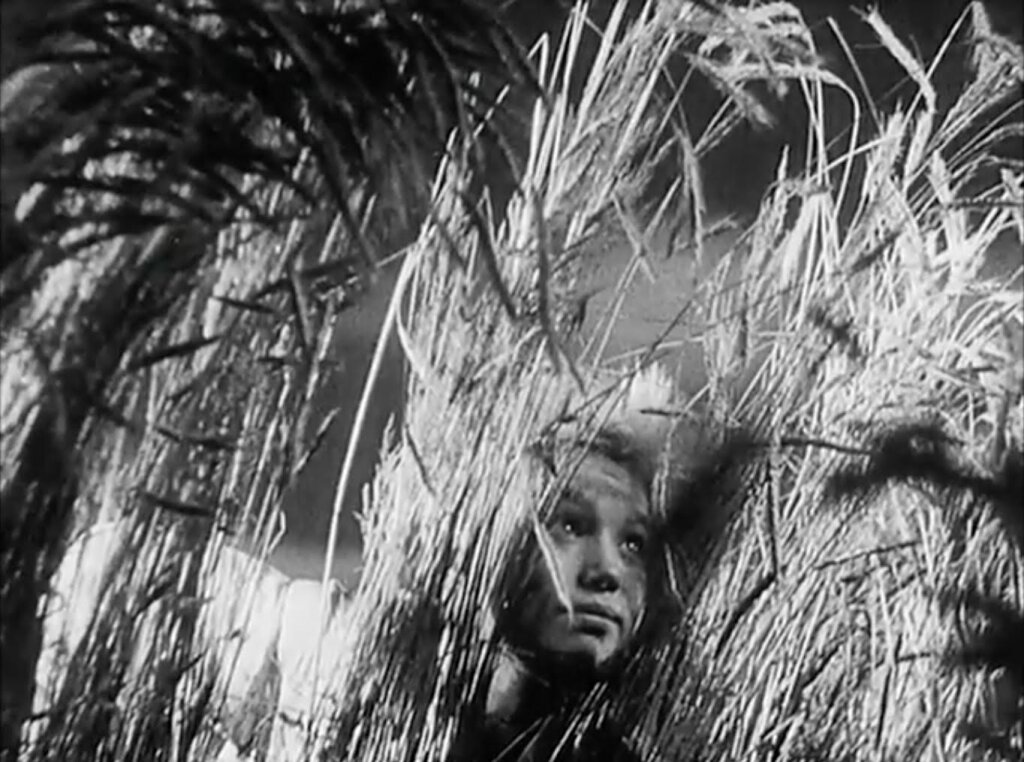Watch the video of the event here
On February 22, 2016, the NYU Jordan Center for the Advanced Study of Russia welcomed Tatiana Artemyeva, a professor in the Department of Theory and History of Culture at the Herzen State Pedagogical University of Russia, for a lecture on “Concepts of Russian Moral Philosophy in the Enlightenment.” Artemyeva, who is also a leading researcher at the Institute of Philosophy at the Russian Academy of Sciences, was introduced by Ilya Kliger, Associate Professor of Russian and Slavic Studies at NYU.
Artemyeva stated that her talk was designed to discuss Enlightenment from a Russian perspective. In Russia, she said, moral philosophy was not a homogenous theory. “We have not one discourse about philosophy or about ethics in Russia, but several ones. All of them should be studied separately because they gave us different images, systems of notions and systems of problems,” she explained. By approaching her subject through an in-depth historical study, “we understand better Russian intellectual life of that epoch,” Artemyeva said. She also noted that in her talk, she would refer to the “Russian tradition” to mean “the culture of the Russian empire” – rossisski (referring to Russian as belonging to the empire) rather than russki (referring to Russian as belonging to a defined ethnic group).
The speaker outlined three philosophical networks in place during the period of Russia’s Enlightenment: academic institutions, Orthodox Church schools and the noble elite. The first network was largely international. In fact, Artemyeva said, it was the German philosopher Christian Wolff who “helped Peter the Great to create the St. Petersburg Academy of the Sciences and because of him, many intellectuals were invited to Russia.” In the empire, “moral problems were studied generally under the field of metaphysics,” she continued. Some academics like Grigory Teplov, also sought to translate philosophical texts more accessible to Russian readers, as most were written in French, German, or English at the time. While most academics remained confined to their circles, Teplov was more involved in the social life of the Russian Empire. He “understood that Russian readers should receive special instruction of how to read and how to understand philosophical texts,” Artemyeva noted.
The second network Artemyeva profiled was the Orthodox Church, based in Kiev and Moscow. This was the most closed intellectual circle, limited both inside and outside, she explained. Moral problems were central to Church discussions, discussed in the context of virtues and sins and the divine origin of the human being. “Some traditional problems of religious philosophy and theodicy such as the problem of theology and the proving of God’s existence were never discussed in this circle because it was against Orthodox tradition.” The nature of the Orthodox Church also restricted these philosophical undertakings from reaching society. “Most of the intellectual elite were invited specialists from Western Europe who couldn’t understand Orthodox Church life,” Artemyeva said. At the same time, the empire took great measures to assert its control over the Church. For a time, monks were not allowed to keep ink and paper to write letters and some monasteries were closed. Artemyeva added that after the reforms of 1762 and 1788, Catherine secularized part of the land formerly belonging to the Church, declaring that “the property was stolen from the Russian state, which made the Church less significant in society.”
In the final part of her lecture Artemyeva focused on the noble intellectual elite in Russia, who provided plenty of “descriptions of how to raise a new generation of moral citizens” and centered their philosophical work on history, politics and utopian projects. The nobility used literature as a means to state their philosophical ideas, often in the form of novels. Discussing the eminent foreign philosophers in the salon or in the classical genre of the Platonic dialogue, aristocrats fleshed out “a system of practical recommendations to create a new type of people or to improve morals,” Artemyeva said. For instance, upset that his 12-year-old bride could not share his scholarly interest, the nobleman Andrey Bolotov decided to write “Children’s Philosophy,” (“Detskaya Philosophia”) which Artemyeva republished with a colleague in 2012. The book explains moral and theological issues without the typical academic jargon and is written in the form of dialogues between mother and child. “He was sure that philosophical texts should be very simple,” Artemyeva said of Bolotov.
In the Q&A session that followed, Assistant Professor of Russian and Slavic Studies Rossen Djagalov and Ilya Kliger inquired as to whether there existed any dialogue or debate among the three networks that Artemyeva defined. She explained that there was debate within the circles, but that “there was no special room for intersection in the 18th century [because the] groups were socially separated.” While there were many attempts to unify this common philosophical discussion, the networks shared neither a common terminology nor a tradition. Other questions allowed Artemyeva to point out that Russian Enlightenment differed from the Western approach in its lack of homogeneity and how the fact that the Russian academic system was state-controlled influenced the development of moral philosophy.



